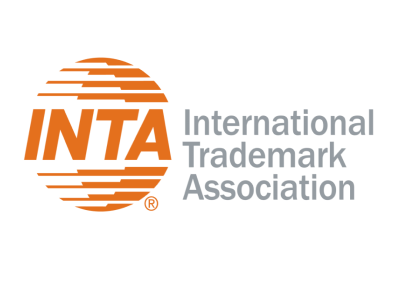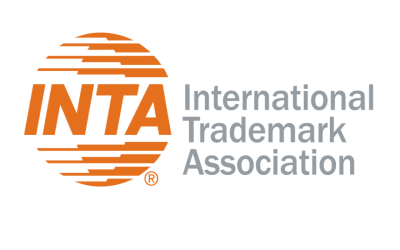Delhi, India—May 7, 2024—The International Trademark Association (INTA) has filed an intervention before the Delhi High Court, India, in the appeal (FAO (OS) (Comm) No. 241 of 2023) against the order dated August 16, 2023, in Hero MotoCorp Limited v. M/S Shree Amba Industries (CS(COMM) 1078/2018) concerning the interpretation of the word “article” under the Indian Designs Act, 2000.
In this case, the Plaintiff, Hero MotoCorp Limited, an Indian motorcycle manufacturer, filed a design infringement suit against Shree Amba Industries, the Defendant, for infringement of the Plaintiff’s design for the article “motorcycle front fender.” The Delhi High Court’s order refused the Plaintiff’s request for an interim injunction. The Hon’ble Court observed that the “fender has no independent life as an article of commerce in itself. It is specifically made for the particular model of motorcycle manufactured by the plaintiff company — the fender is sold as a replacement part. Fender design is incapable of registration under Section 2(a) of the Designs Act.” This interpretation was based on the UK judgment of the Chancery Division of the High Court in the case of Ford Motor Company (1993) RPC 399 which was also upheld by the House of Lords.
INTA does not support this interpretation, as quoted above. In particular, INTA does not support the interpretation of the Hon’ble Single Judge that the phrase “any part of an article capable of being made and sold separately” used in Section 2(a) of the Designs Act is intended to include only parts that can be sold as articles that have an independent life as articles of commerce and not merely as substitutes/accessories. Accordingly, INTA does not support the observation of the Hon’ble Single Judge that a part of an article that has no independent life as an article of commerce in itself is not an article within the meaning of Section 2(a) of the Designs Act, 2000, and thus is not registrable as a design.
The definition of “article” under Section 2(a) of the Designs Act, 2000, is clear and unambiguous, and should not be interpreted narrowly to incorporate limitations and conditions that are otherwise absent from the definition, particularly because the statute was amended in 2000 to specifically enlarge the scope of the definition of “article” to include “parts of articles.”
Further, the definition of the term “article” under the then UK Designs Act, as relied upon in the Ford Motor Company case (which was repealed in 2001), is different from the definition of “article” under the Designs Acts, 2000, in India. Whereas the UK Act treated the definition as a mandatory requirement (‘must’), the Indian legislation presents it more as permissive or optional (‘could’).
INTA notes that the interpretation of the term “article” as laid down by the Hon’ble Single Judge would have far-reaching ramifications on the rights of design owners in India and should not be accepted by the Hon’ble Division Bench. This definition will not only severely impact the registrability of designs for parts of articles but may also render a large number of already-registered designs for spare parts as well as parts of articles (which may not be found to meet the criteria of having an independent life as an article of commerce) vulnerable to cancellation.
Therefore, in its statement, the Association requests that the intervention request be allowed and submissions in support of INTA’s position be considered by the Division Bench of Delhi High Court.
Read INTA’s Intervention Application.
You may also like…
INTA files statement in intervention in EU case on the inherent distinctiveness of color combination trademarks
New York, New York—July 24, 2024—The International Trademark Association (INTA) has filed a Statement in...
Bytedance stumbles in Singapore: IPOS rejects TIKI trademark challenge
The social media giant Bytedance, owner of the ubiquitous TikTok platform, recently suffered a setback in Singapore....
TOUR DE FRANCE fails in the third stage against German fitness studio chain
At the end of June, the 111th edition of the Tour de France kicked off. June also saw the end of a dispute between...
Contact us to write for out Newsletter













